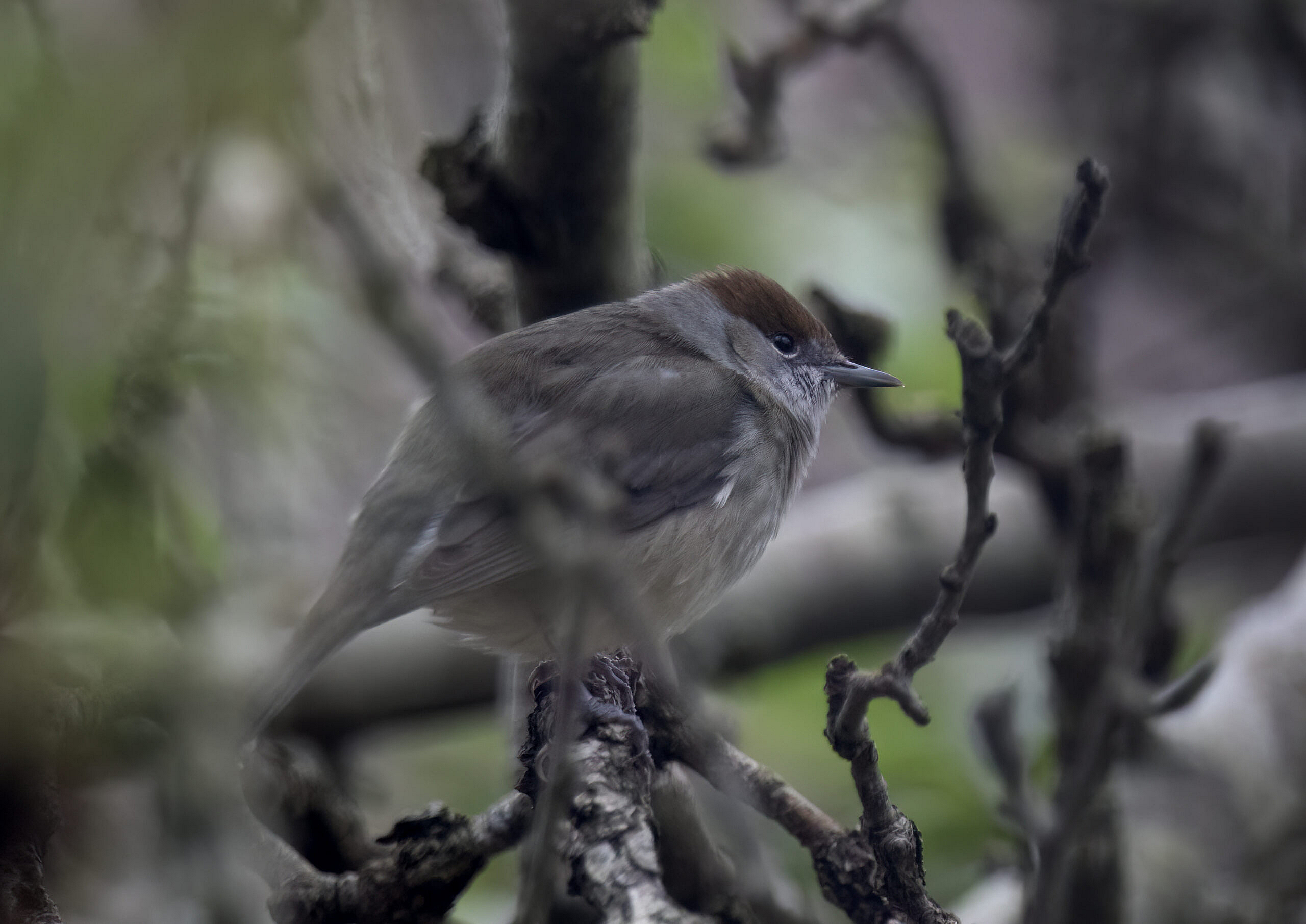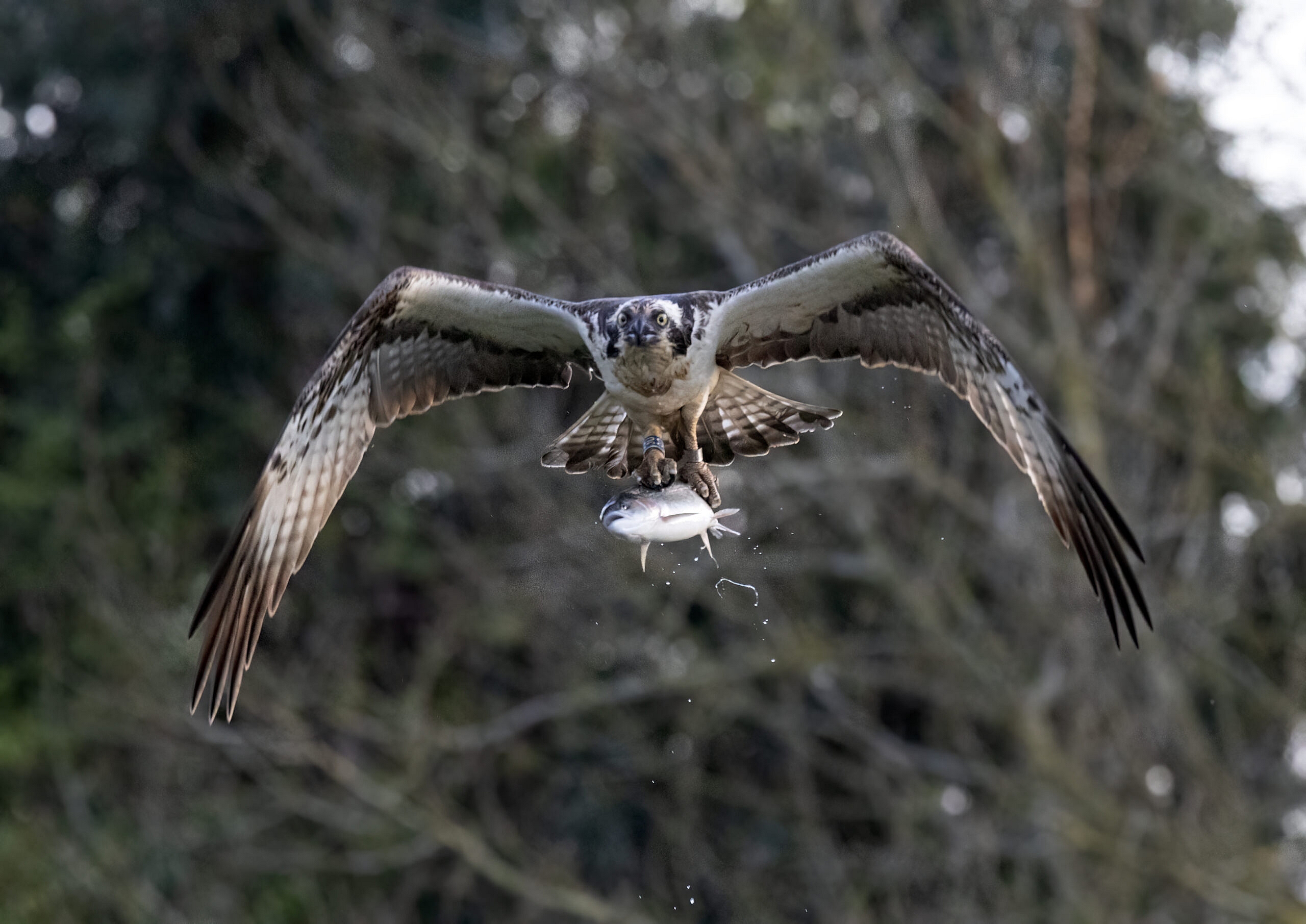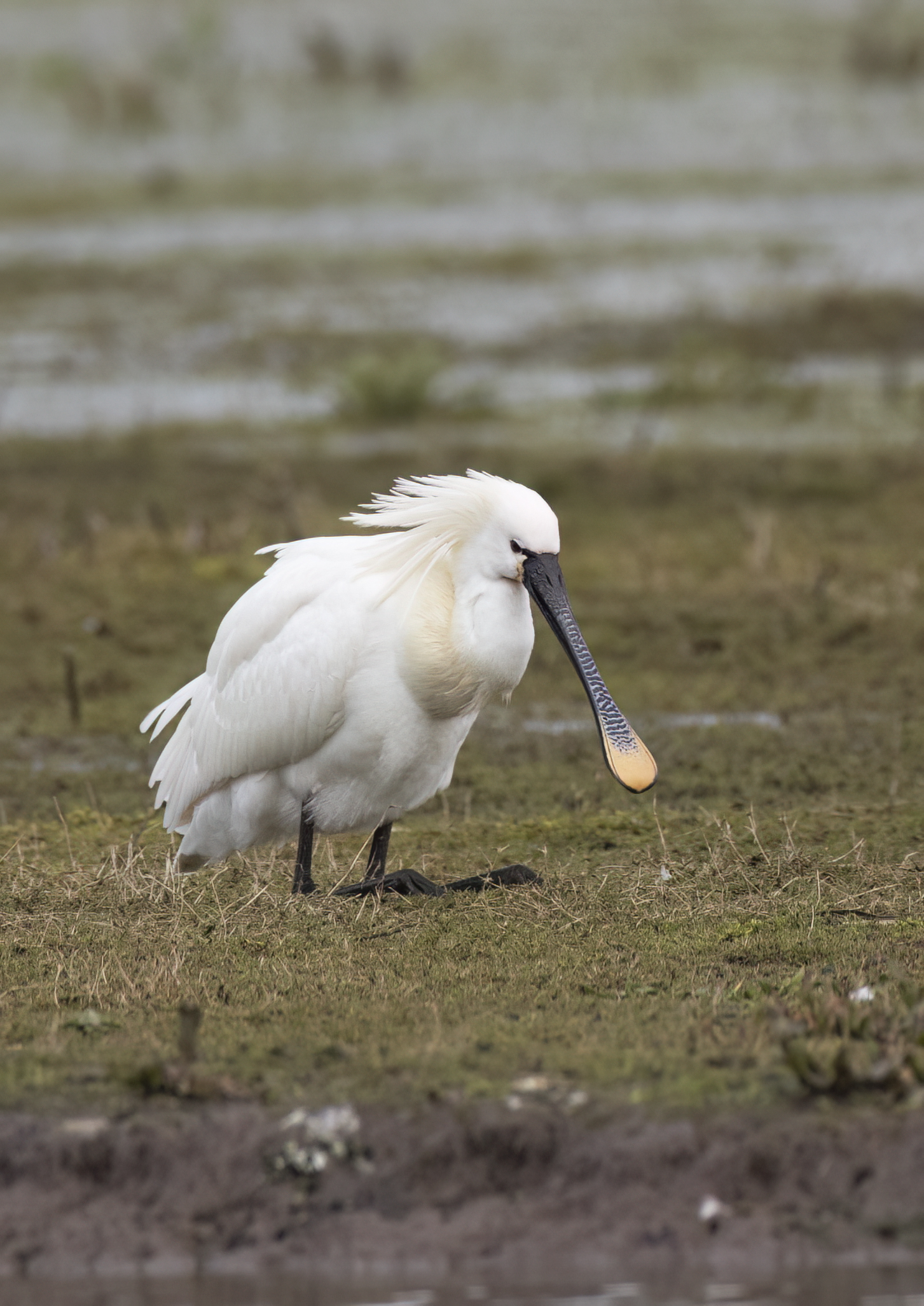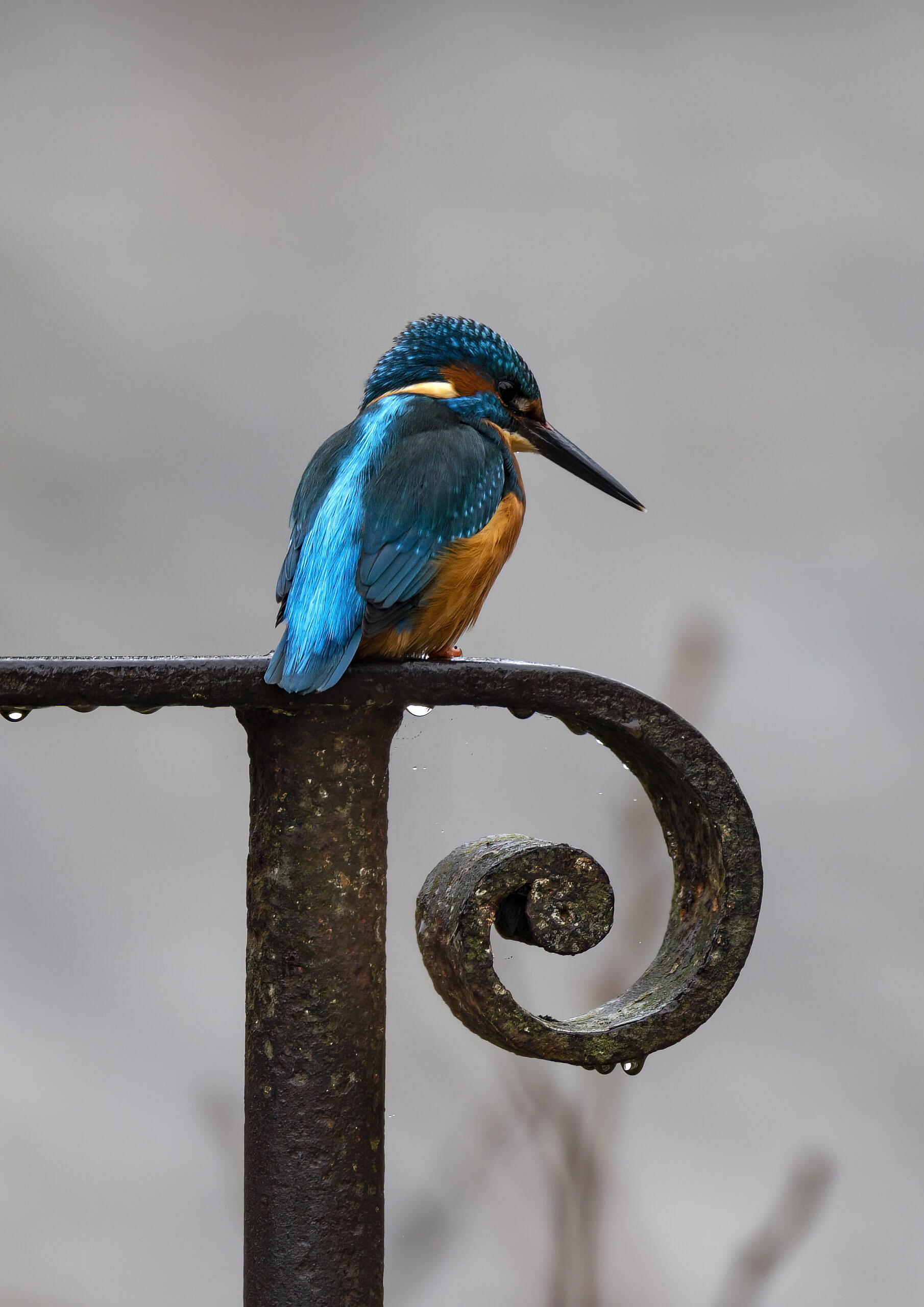I hope that I’m someone who never takes the natural world for granted, but a recent experience underlined its importance for me.
I’ve been silent on my blog for quite a while. Partly due to working on my latest book, but mainly due to an accident. But while I’m fine now, twelve hours in A&E, and some emergency surgery left me stuck in a chair for several weeks recuperating, with only the TV and a narrow view of my garden for entertainment. I’m not knocking TV. I have a healthy selection of services, and at first the wide choice of entertainment was welcome. I finally caught up with missed episodes, found some new series I liked. But later, it became a bit overwhelming, and then boring. Adrenaline fuelled cop show? Done it. Blockbuster film where the world is nearly destroyed? Seen it, and seen it again. I drowned in dramas and bathed in boxsets, before getting to the point where I wanted to scream with the repetitiveness of it all.
And then the blackcap turned up.
If you’ve never seen a black cap, imagine a sparrow-sized bird with dull brown wings and a light grey body. Now give it a peaky-blinders style mop haircut in jet black (for the male) or chestnut brown (for the female). That’s a blackcap. They are warblers, and have a beautiful, lilting singing voice. Imagine a thrush or a blackbird on helium and you’ll be in the right area. Most of our blackcaps are summer visitors from Germany and Northern Europe, but the numbers who decide to stay here year-round are rising as our winter climate becomes less harsh. I had jammed a couple of supermarket apples into the branches of my garden pear tree (it didn’t object) hoping to lure one of the many waxwings that have been flooding the UK in recent weeks. Such floods (called ‘irruptions’) happen every 7-10 years or so when the natural berry crop fails in northern Europe and Scandinavia. The hungry waxwings then turn to the UK for food and love every kind of berry – and also fruit that is still on the trees.
My plan didn’t work, and I sat frustrated in my chair as waxwing sightings were reported from around the country, yet none turned up in my garden. But the apples did attract the blackcap. It was a female, and she was very nervous. She was right to be, as I live in a neighbourhood rich with cats. She would hop through a shrub planted in my neighbour’s garden, onto my pear tree, and then look carefully around her, like a burglar checking that the coast was clear, before tucking into the apple.

The blackcap became a regular feature. Three or four times a day I’d see a shiver in the shrubbery and there she would be, bright-eyed and perky. Along with some hungry local bluetits, she worked her way through four apples, and I was forced to buy another pack. But this time I wasn’t buying for waxwings. These apples were just for my friedly blackcap. I started to look forward to her visits, to the way she would hang almost upside-down to get at the best bits of the apple du jour. She would perch for a while and we would eye each other in what I optimistically felt as a kind of mutual recognition. In fact, I doubt if she could see me through the window.
My inury healed and I started spending less and less time in the chair. Normal life resumed, and I suddenly realised that I hadn’t sat in the chair and seen my blackcap for several days. I have never seen her since. Did she fuel up enough to elave for sunnier lands? Did she get bored with a diet of apple? Did – heaven forbid – one the neighbourhood cats get her? Or did she – and yes, I know how fanciful it sounds – turn up just for my benefit, to help me through a difficult time, a companion animal in every sense?
I will never know. But not knowing means that I can keep my fantasy alive, the faintest hint of a suspicion that we had become, if not friends, then at least trusting of each other. As for the waxwings, I caught up with those much later, at a B&Q carpark. But that’s a whole other story.






Social Profiles